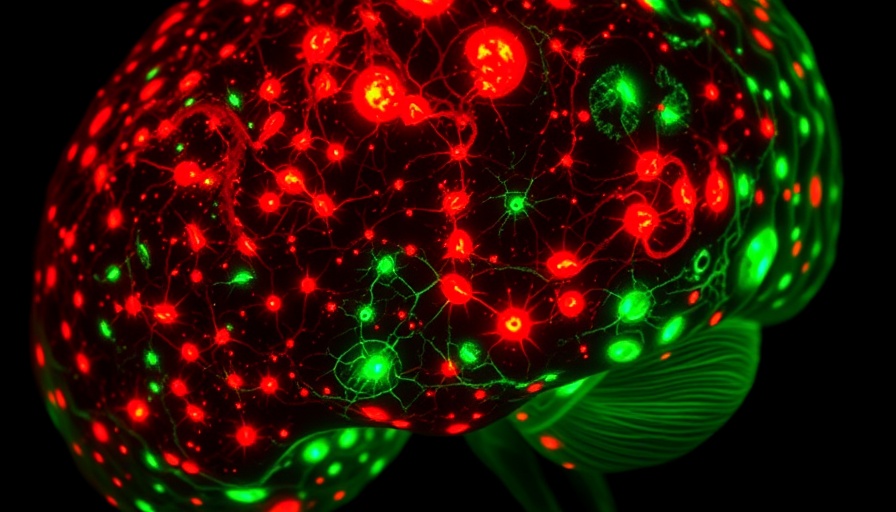
Revolutionary Nanoparticles Show Promise in Reversing Alzheimer’s Disease
Recent scientific advancements have raised the hopes of many grappling with Alzheimer’s disease. Researchers co-led by the Institute for Bioengineering of Catalonia (IBEC) and West China Hospital Sichuan University (WCHSU) have developed bioactive nanoparticles that offer a new treatment strategy for Alzheimer’s in animal models, demonstrating exceptional efficacy in clearing toxic proteins from the brain.
Understanding Alzheimer’s Disease and Its Challenges
Alzheimer’s disease is a complex neurodegenerative condition characterized primarily by the accumulation of amyloid beta (Aβ) proteins, leading to cognitive decline and memory loss. Traditional therapies have focused on targeting neurons directly but with limited success. Most recently, attention has turned towards ameliorating the body’s own vascular systems, particularly the blood-brain barrier (BBB), which is essential for maintaining brain health.
A Novel Approach: Polymersomes in Serum
The new treatment utilizes specially engineered polymersomes, which enhance the binding affinity of the protein LRP1—a key player in clearing Aβ from the brain. This innovative approach modulates the natural clearance pathways, allowing for a significant reduction in Aβ levels within just hours of administration. Scientists observed a roughly 46% decrease in Aβ levels in the brains of treated mice within only 12 hours.
Remarkable Behavioral Improvements
After a straightforward regimen of just three intravenous doses, the treated mice exhibited significant cognitive improvements in behavioral tests. Tests such as the Morris water maze revealed that some mice performed as well as healthy controls—an exciting indication of the treatment's potential effectiveness. By restoring the functionality of the BBB, these nanoparticles facilitate a return to healthier brain function and cognition.
Restoring Vascular Health for Cognitive Clarity
This treatment highlights the importance of vascular health when fighting neurodegenerative diseases. As noted by lead researcher Giuseppe Battaglia, restoring the brain’s vascular function plays a crucial role in removing toxic species like Aβ, allowing the overall system to regain balance. This approach starkly contrasts traditional methods and may pave the way for new therapies that target vascular health.
Next Steps for Research and Treatment
The groundbreaking work opens doors to innovative therapeutic approaches that leverage bioactive nanotechnology for Alzheimer's treatment. As researchers continue to refine this method, it holds promising implications for developing effective clinical interventions. While animal trials have shown significant success, further studies will be necessary to explore practical applications for human patients.
As we look toward a future where neurological health can be fundamentally improved through advancements in science, it is essential for health-conscious individuals to stay informed about these anti-aging breakthroughs. Scientific studies like these offer hope and highlight the significance of ongoing research in the realm of longevity and cognitive health, showing tangible potential to improve healthspan well beyond current limitations.
If you’re interested in staying updated on the latest research and advancements in brain health, consider following publications that focus on longevity science news and cellular biology updates. Keeping informed empowers you to make educated choices regarding health and wellness as we journey into the future.
 Add Row
Add Row  Add
Add 




Write A Comment